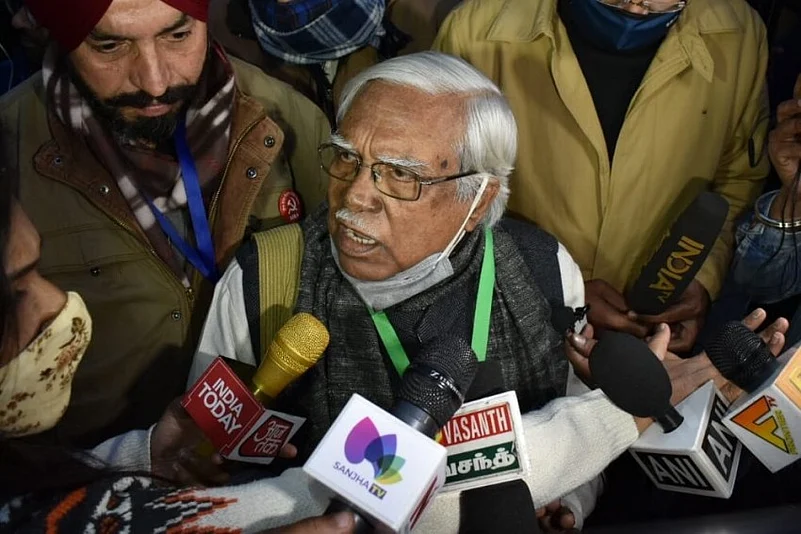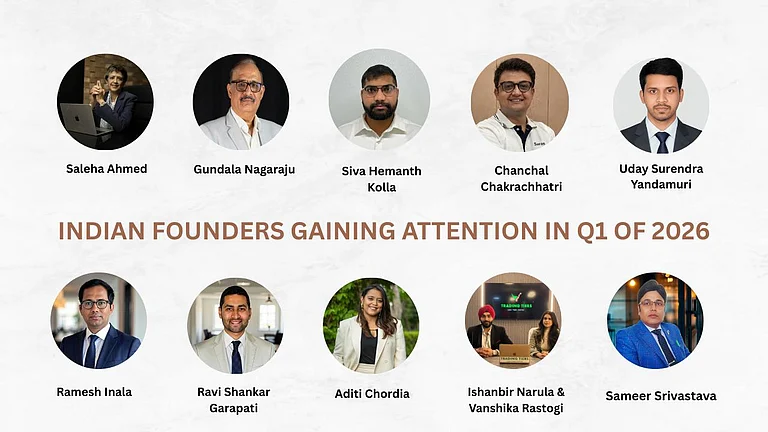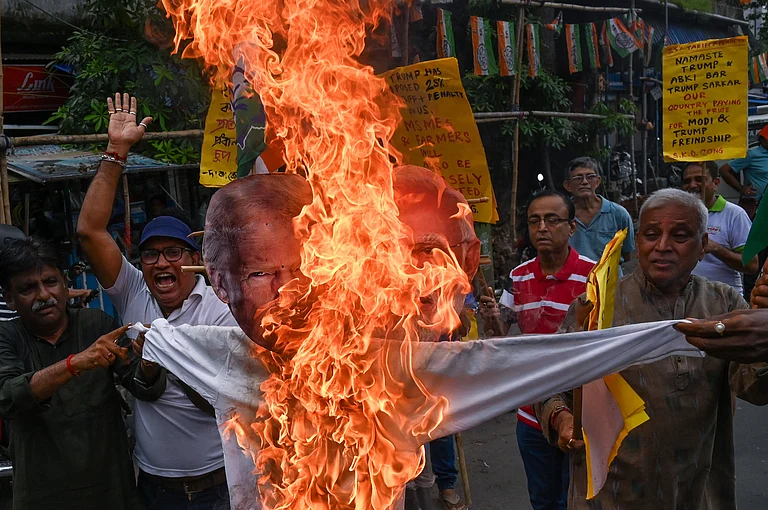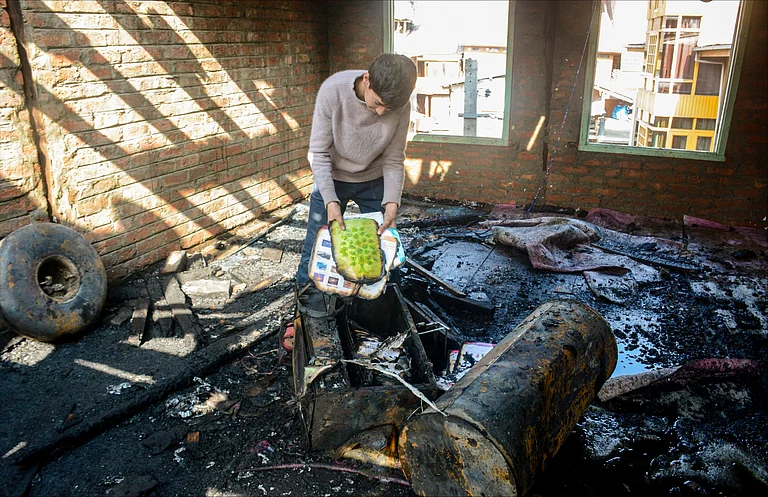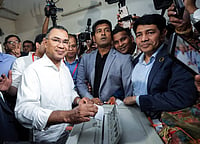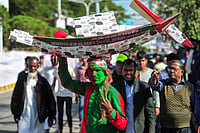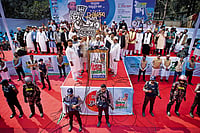Hannan Mollah, a former eight-time Lok Sabha MP and a politburo member of the CPI(M), India’s largest parliamentary Left party, has been one of the most-visible spokespersons of the Samyukta Kisan Morcha-led movement that finally forced the Narendra Modi government to repeal three farm laws the government had enacted last year. Mollah, who heads the CPI(M)’s farmers’ wing, the All India Kisan Sabha, spoke to Outlook following PM Modi’s announcement on Friday morning.
Excerpts from the interview:
Why do you think the Union government decided to retreat?
The commitment and perseverance of the farmers and the sheer number of India’s farming community not only scared but also weakened the government and the country’s ruling party. They (the government and the ruling party) tried everything they could – from immoral to illegal measures – but everything failed. Now that the assembly election in Uttar Pradesh is due in some months, and the prime minister has already paid four visits to the state, the Union government must have received inputs from the intelligence branch that the political situation in Uttar Pradesh was not in favour of the ruling party. They did not want to risk losing India’s largest state.
What is the Samyukta Kisan Morcha’s message to the Union government?
We must say that the government has to take the responsibility for the death of 700 participants in the movement who lost their lives due to the ego of the prime minister and the autocratic attitude of the government. Had the government responded before, so many people would not have been martyred. Nevertheless, it’s better late than never and we welcome the government’s announcement.
What does the Morcha plan now?
A. We have made it clear that the movement will not be withdrawn till the laws get formally repealed in the Parliament. This government cannot be trusted. In 2015, ahead of the Bihar assembly election, they announced repealing the amendments they brought to the Land Acquisition Act of 2013. But that amendment is yet to be formally repealed. Let everything formalise and we will withdraw the movement. Till then, the status quo will be maintained.
The government has agreed to only one of your demands, the repeal of the farm laws, but has not said anything about the demand on minimum support price. What is your stand on that?
Yes, we had a twin demand – save farmers from a future crisis by repealing the farm laws and save the farmers from the existing crisis by enacting a minimum support price (MSP) Act. Since 1993-94, about 4 lakh famers have committed suicide in the country due to the agricultural crises leading to loss of farmers’ income and the peasants getting entrapped in huge debts. Of them, about 1 lakh have killed self since the time the Modi government took charge in 2014. Modi, when he was the BJP’s prime ministerial candidate ahead of the 2014 Lok Sabha elections, had promised an MSP act. The BJP had it in their election manifesto. But they have done nothing since coming to power. We will definitely continue our movement demanding the implementation of the recommendations of the M S Swaminathan Committee. We will decide on the form of that movement later.
How did the movement manage to sustain itself so long?
Such a prolonged, democratic movement on some specific demands is unprecedented, not only in India but also globally, especially when you consider the huge number of participants, direct and indirect. There have been countless efforts on the part of the government and the ruling party to vilify the leadership of the movement. We were called Khalistani, Pakistani, China’s stooges and Maoists and what not! There were conspiracies such as the one regarding disrespect to a tricolor on Independence Day. But we managed to expose all their lies, foil all the conspiracies and leadership remained united.
Differences among the collective leadership have often weakened mass movements in the past. How did this movement’s leadership remain united despite having many differences?
We had no differences on the primary questions – the two demands, the resolve to continue the movement till they were met and the firmness to adhere to the nonviolent mode of action. What kept some 500 odd organisations together was the fear of becoming unpopular among the farmers. It was clear to every component in the collective leadership that the farmers were in no mood to budge and anybody being seen as trying to weaken the movement or divide the leadership would have turned into a villain in the eyes of farmers. That fear kept everyone together.






